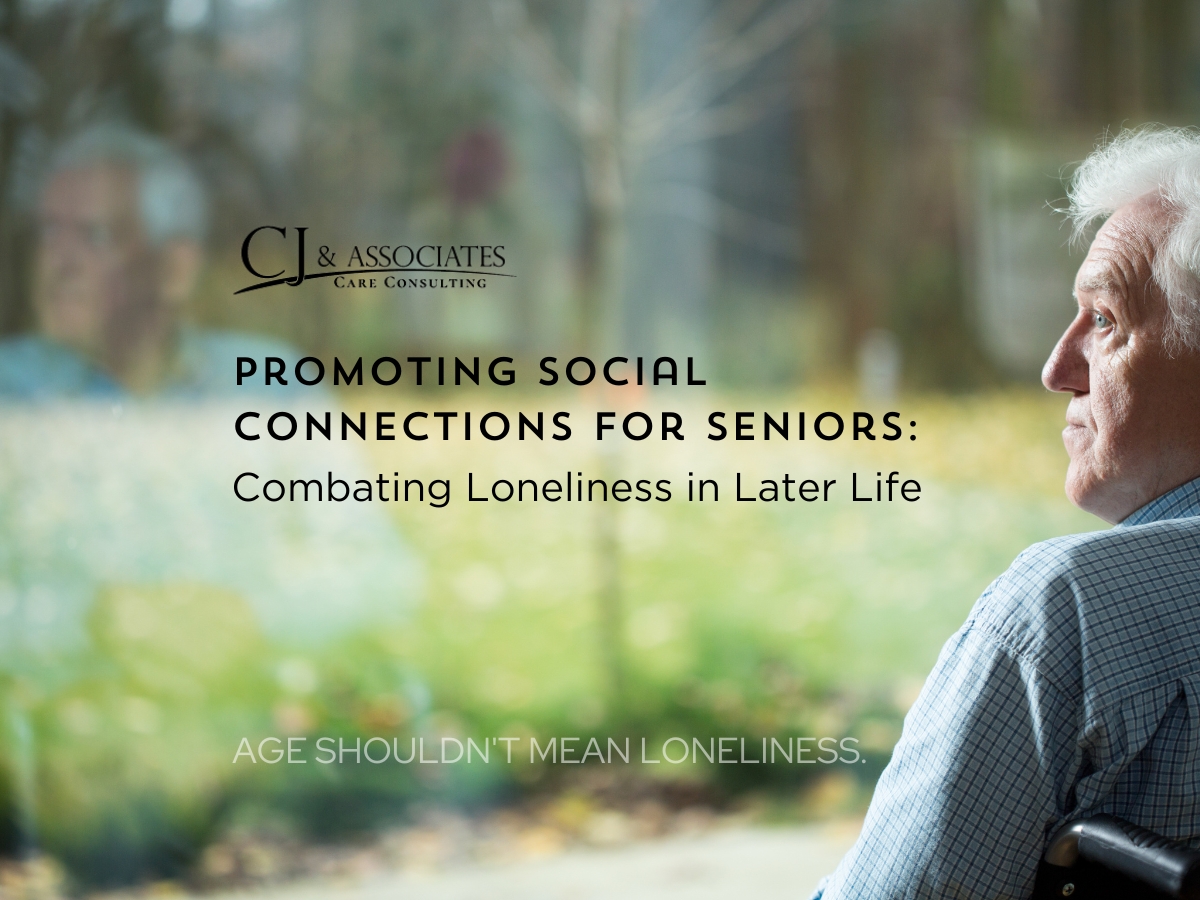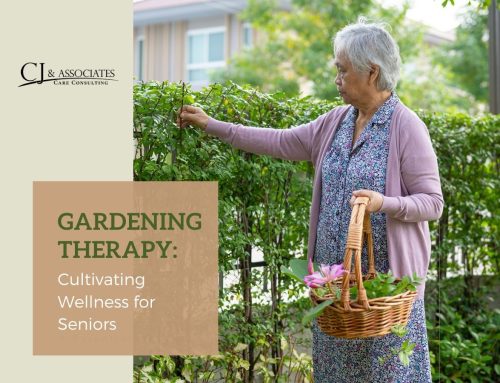As we journey through life, our social circles naturally evolve. Friends and family members may relocate, and physical limitations can make it challenging to maintain the vibrant social life we once enjoyed. For seniors, these changes can often lead to feelings of loneliness and isolation. However, staying socially connected is not just a matter of personal enjoyment; it is a critical component of maintaining both mental and physical well-being, especially as we age.
The Loneliness Challenge
Loneliness among seniors is a prevalent issue, and its consequences can be severe. Seniors experiencing social isolation may be at increased risk of depression, anxiety, and cognitive decline. They might also be less likely to engage in healthy behaviors, such as regular exercise and proper nutrition.
The Power of Social Engagement
Staying socially engaged, on the other hand, offers a plethora of benefits. Here are some ways it can positively impact the lives of seniors:
- Mental Stimulation: Engaging in conversations and activities with others stimulates the brain, which can help maintain cognitive function.
- Emotional Support: Social connections provide emotional support, helping seniors cope with life’s ups and downs.
- Physical Health: Social engagement often involves physical activities, whether it’s dancing, walking, or simply being on the move, contributing to better physical health.
- Sense of Purpose: Interacting with others can give seniors a sense of purpose and fulfillment, boosting self-esteem.
- Improved Quality of Life: A rich social life can lead to greater happiness and life satisfaction in later years.
Combatting Loneliness: Practical Steps
- Join Community Groups: Local community centers often host gatherings, classes, and events for seniors. These groups can be an excellent way to meet new people who share similar interests.
- Technology: Embrace technology to stay connected with loved ones, especially if they live far away. Video calls and social media can bridge the distance.
- Volunteer: Volunteering not only provides opportunities for social interaction but also offers a sense of purpose and fulfillment.
- Support Networks: Encourage seniors to maintain contact with friends and family members, even if it’s through phone calls or letters.
- Caregiver Assistance: If needed, caregivers can help seniors find and participate in social activities.
The Role of Geriatric Care Managers
Geriatric care managers, like those at CJ & Associates Care Consulting, understand the vital importance of social connections for seniors. They can help assess a senior’s social needs, identify suitable local programs and activities, and even provide transportation assistance when necessary. By collaborating with a geriatric care manager, families can ensure their elderly loved ones have the support needed to maintain an active and fulfilling social life.
In conclusion, social connections are not a luxury but a necessity for seniors’ well-being. By taking proactive steps to stay engaged and seeking support when needed, seniors can combat loneliness, improve their quality of life, and continue to thrive in their later years.






